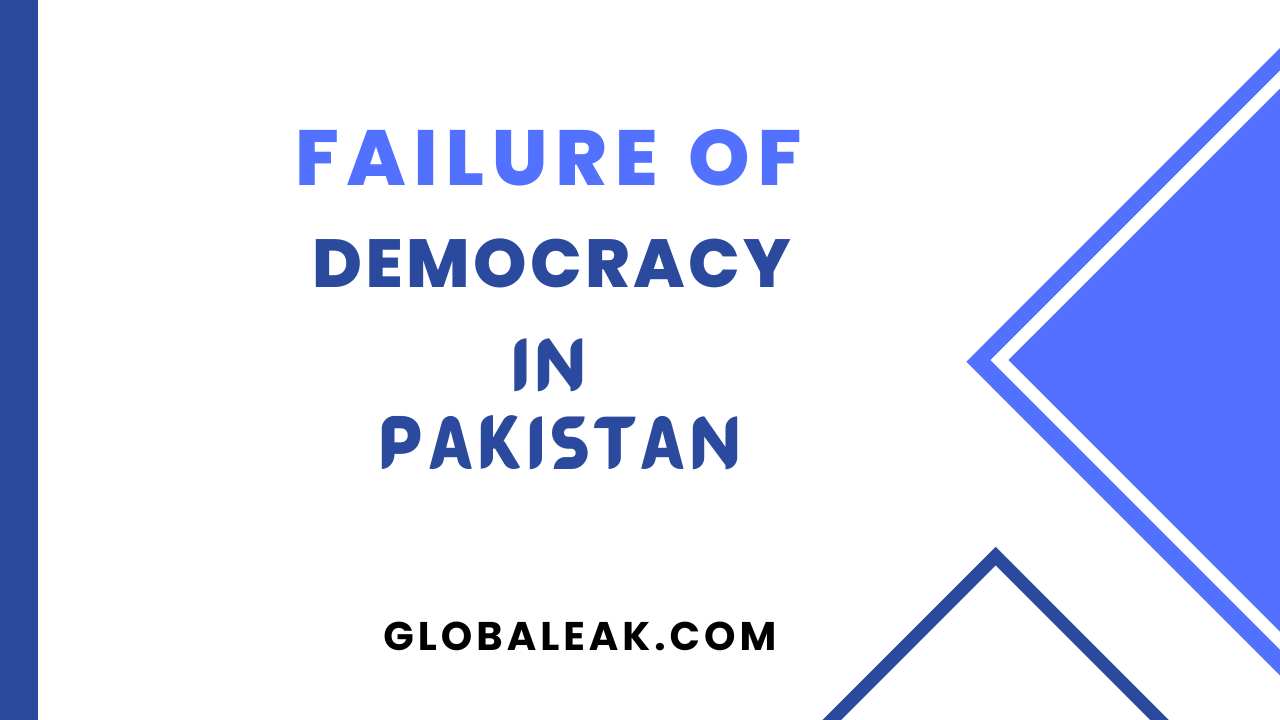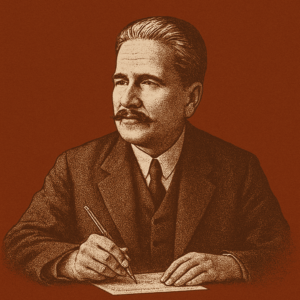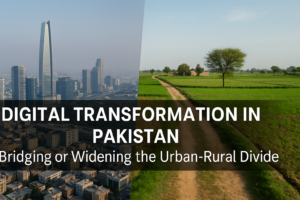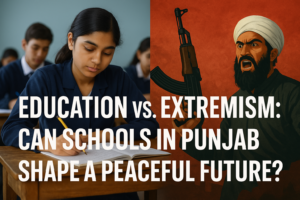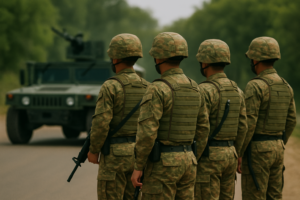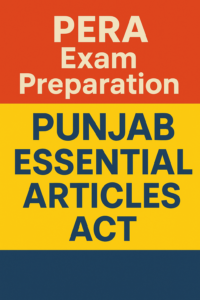Definition of Democracy:
Democracy, a system of government where power is vested in the hands of the people, has long been hailed as the epitome of good governance and an ideal form of governance for fostering political stability, social progress, and economic development.
Failure of Democracy in Pakistan
Pakistan, since its independence in 1947, has struggled to establish a stable democratic system. Despite holding several elections over the years, Pakistan’s democracy has been marred by several setbacks and challenges that have led to its failure. This essay will delve into the reasons why democracy has failed to take root in Pakistan, and the challenges that Pakistan’s democracy faces in the present.
Historical Overview of Democracy in Pakistan: After gaining independence from British colonial rule, Pakistan adopted a parliamentary system of government with a bicameral legislature. However, the country’s first elected government was overthrown by the military in 1958, setting the stage for a long series of military coups and dictatorships that plagued Pakistan’s political landscape for decades. In 1971, Pakistan lost its eastern province, East Pakistan (now Bangladesh), due to political and military mismanagement, which further weakened the country’s democratic institutions.
It was not until 1988 that Pakistan once again saw a civilian government come to power. However, this government was short-lived, and the military took over once again in 1999. Since then, Pakistan has witnessed a tumultuous political landscape, with multiple civilian governments being dismissed on charges of corruption or inefficiency, and the military playing a significant role in politics.
Causes
The causes of the failure of democracy in Pakistan are multifaceted and rooted in various historical, cultural, and institutional factors. Some of the several factors that have contributed to the failure of democracy in Pakistan include:
- Military Intervention: Pakistan’s military has historically played a dominant role in the country’s politics. The military has taken over the government several times, each time weakening democratic institutions and processes.
- Political Instability: Pakistan has struggled with political instability for most of its history. This has been exacerbated by frequent changes in government, corruption, and a lack of consensus among political parties.
- Weak Institutions: Pakistan’s democratic institutions, such as the judiciary, election commission, and parliament, have been weakened by a lack of resources, political interference, and corruption.
- Elite Capture: Pakistan’s political system has been dominated by a few powerful families, who have used their wealth and influence to capture state institutions and perpetuate their hold on power.
- Ethnic and Religious Divisions: Pakistan is a diverse country, with several ethnic and religious groups. These divisions have often led to political fragmentation and a lack of consensus on key issues, further weakening democratic institutions.
Challenges
Challenges Facing Pakistan’s Democracy: Despite these challenges, Pakistan’s democracy has survived and continues to face new challenges in the present. Some of these challenges include:
- Political Polarization: Pakistan’s political landscape is polarized, with political parties and leaders often taking extreme positions that make compromise and consensus-building difficult.
- Terrorism and Security Concerns: Pakistan continues to face security challenges from terrorism and insurgent groups. These groups often target politicians and political events, further weakening democratic institutions.
- Economic Instability: Pakistan’s economy is fragile and often dependent on external aid. This has led to frequent economic crises and inflation, which have eroded public confidence in democratic institutions.
- Judicial Independence: Pakistan’s judiciary has been subject to political interference, and the government has often dismissed judges who rule against its interests. This has weakened the judiciary’s ability to act as a check on government power.
Addressing the Failure of Democracy in Pakistan
Addressing the failure of democracy in Pakistan is essential for the country’s progress and stability. Several key steps can be taken to overcome these challenges and pave the way for a successful democratic system in Pakistan.
- Strengthening Institutions: Strong and independent institutions are the backbone of any democratic system. It is crucial to ensure that institutions such as the judiciary, bureaucracy, and electoral commission are free from political interference, corruption, and nepotism. This can be achieved through reforms that promote transparency, accountability, and merit-based appointments. The judiciary should be empowered to act as an impartial guardian of the constitution, and the bureaucracy should be professionalized to ensure efficient and effective governance.
- Political Stability: Political instability has been a major hurdle in Pakistan’s democratic journey. Efforts should be made to promote political stability by fostering a culture of consensus-building and promoting a sense of national interest over narrow party interests. Political parties should prioritize the welfare of the people and work towards forming stable governments that can complete their full terms. Political transitions should take place through constitutional means, and any extra-constitutional interventions, including military coups, should be unequivocally condemned and prevented.
- Addressing Corruption: Corruption has deeply entrenched itself in various aspects of Pakistani society, including politics, bureaucracy, and law enforcement agencies. Anti-corruption measures should be prioritized to hold corrupt politicians and bureaucrats accountable, irrespective of their political affiliations. This requires strengthening anti-corruption laws, empowering anti-corruption agencies, and ensuring swift and impartial justice in corruption cases. Additionally, efforts should be made to promote transparency and accountability in all government processes, including budget allocations, procurement, and public service delivery.
- Promoting Political Will: Political leadership plays a crucial role in the success of democracy. Political leaders should demonstrate a strong political will to strengthen democratic institutions, uphold the rule of law, and prioritize the welfare of the people. This includes refraining from indulging in patronage politics, nepotism, and favoritism, and promoting inclusive policies that address the needs of all segments of society. Political leaders should also actively engage in dialogue and consensus-building to resolve issues and disputes in a peaceful and democratic manner.
- Civic Education and Participation: Civic education and participation are essential for the success of democracy. Efforts should be made to promote civic education among the masses, including an understanding of democratic principles, rights, and responsibilities. Citizens should be encouraged to actively participate in the political process, including voting in elections, engaging in peaceful protests, and holding their elected representatives accountable. Civil society organizations, media, and educational institutions can play a vital role in promoting civic education and fostering an informed and engaged citizenry.
- Inclusivity and Minority Rights: Inclusive governance that respects the rights of all citizens, including minorities, is crucial for the success of democracy. Efforts should be made to ensure that all citizens, regardless of their ethnicity, religion, or gender, have equal opportunities and representation in the political process. Minority rights should be safeguarded, and discrimination based on religion, ethnicity, or gender should be unequivocally condemned and addressed through appropriate legal and policy measures.
- Economic Development and Social Welfare: Addressing poverty, unemployment, and social inequality is essential for the success of democracy. Economic development and social welfare policies should be prioritized to ensure that the benefits of democracy are felt by all citizens. Efforts should be made to promote inclusive economic growth, create job opportunities, and provide basic amenities such as education, healthcare, and clean water to all citizens, especially those marginalized and disadvantaged.
Consequences of Democracy Failure in Pakistan
The consequences of the failure of democracy in Pakistan have been far-reaching and detrimental to the country’s political stability, economic development, and social progress.
Firstly, the frequent disruptions in the democratic process, including military coups and unconstitutional changes of government, have resulted in political instability and an erosion of democratic norms and values. This has created a sense of uncertainty among investors and hindered economic growth and development.
Secondly, the lack of genuine political competition and the dominance of dynastic politics have resulted in weak and ineffective governance, with a culture of nepotism and patronage prevailing over meritocracy. This has led to a misallocation of resources, weak policy implementation, and a lack of effective public service delivery, further undermining public trust in democratic institutions.
Lastly, the widespread corruption and lack of accountability have eroded public trust in the democratic process and created a perception of systemic injustice, leading to social inequality, alienation, and frustration among marginalized groups.
Conclusion
In conclusion, the failure of democracy in Pakistan is a complex issue that has been shaped by historical, political, and social factors. Despite these challenges, Pakistan’s democracy continues to survive, albeit with several setbacks and challenges. To strengthen democracy in Pakistan, it is essential to address the underlying factors that have contributed to its failure, including military intervention, weak institutions, political instability, and elite capture. Only then can Pakistan hope to establish a stable and vibrant democratic system that is responsive to the needs of its citizens.
Read Also: Corruption in Pakistan
📍 English Language Educator | Blogger & Content Strategist | 7+ Years in Educational Blogging
Nosheen Bashir is a dedicated English teacher and experienced blogger with over seven years of expertise in content creation and educational writing. Passionate about language, literature, and effective communication, she combines her teaching experience with blogging skills to create insightful, research-backed content that helps learners and educators alike.
🔹 Expertise & Achievements:
✔ English Language Education: A skilled educator with years of experience in teaching English grammar, literature, and communication skills to students of varying levels.
✔ Educational Blogging: Running a successful blog for 7+ years, delivering well-structured, engaging content on language learning, writing techniques, and academic success.
✔ SEO & Content Strategy: Specializes in creating high-ranking, authoritative articles that follow Google’s EEAT principles, ensuring content that is both informative and search-friendly.
✔ Student-Centric Approach: Committed to making English easier, engaging, and accessible, helping readers and students improve their language proficiency.
🚀 With a passion for teaching and writing, Nosheen Bashir is dedicated to crafting educational content that empowers students, teachers, and language enthusiasts worldwide.

